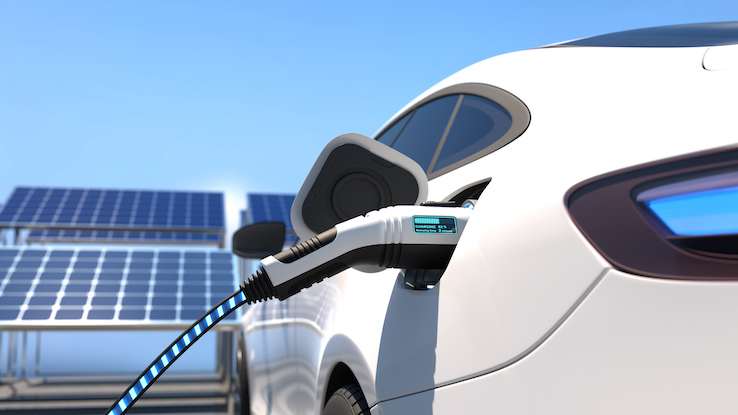
Today, the electric vehicle (EV) market is booming, and it’s growing quickly. There’s a rising general desire to prevent further climate change and make better choices regarding the environment, and electric cars are considered a way to help. Plus, regulations – such as California’s ban on the sale of new gas-powered cars, which goes into effect in 2035 – are playing a role.
However, it’s critical to figure out whether buying an electric car is the right move for you. Here are some pros and cons of EVs you need to consider before making a purchase.
Benefits of EVs
Electric cars are beneficial for several reasons. The first is that you don’t need to worry about buying gasoline. Instead, EVs rely on electric charging and batteries to run, and the cost of charging is usually far below what it takes to fill up a comparable vehicle with gas.
Another excellent point is that there’s functionally no delay between stepping on the accelerator pedal and reaching peak power, something that gas-powered vehicles don’t offer. It makes the driving experience particularly zippy, which some people appreciate.
In some cases, buying an EV can also lead to a tax credit. Many – but not all – electric cars qualify, so it’s critical to review the approved manufacturers and confirm a tax credit is available if this is important to you.
Disadvantages of Purchasing EVs
There are some drawbacks to buying EVs. First, they’re more expensive to purchase than their gas-powered counterparts, so they aren’t affordable for everyone. While receiving a tax credit may offset some of the difference, and you can find deals, it’s wise to plan to spend more than you would on a comparable gas-engine car.
Second, purchasing an EV usually means needing to install a charging outlet at home. While you might qualify for some incentives to make putting in an at-home charging station more affordable, it’s critical to factor this expense into the equation. Additionally, there’s no guarantee that you can get a charging station right away, depending on the availability of installers in your area.
It’s also critical to note that EV charging infrastructure isn’t as well-developed as the infrastructure for gasoline. It’s rare to have trouble finding a fuel station, but EV charging stations are few and far between in some areas. As a result, you have to plan trips carefully if you’re going a long distance.
Who Should Buy, and Who Should Wait?
Generally, whether you should or shouldn’t buy an EV is a personal choice. Even if the cost – including that of installing a charging station – isn’t a concern, that doesn’t necessarily make an electric car the right fit.
Typically, EVs work well as commuter vehicles, particularly if your workplace or frequented local destinations have charging stations available. In that situation, you aren’t traveling great distances on most days, so you can usually get enough of a charge overnight at home to cover your commute.
However, if you travel long distances, you need to determine if charging is a potential issue. If so, then a gas-powered car is usually a better choice.





